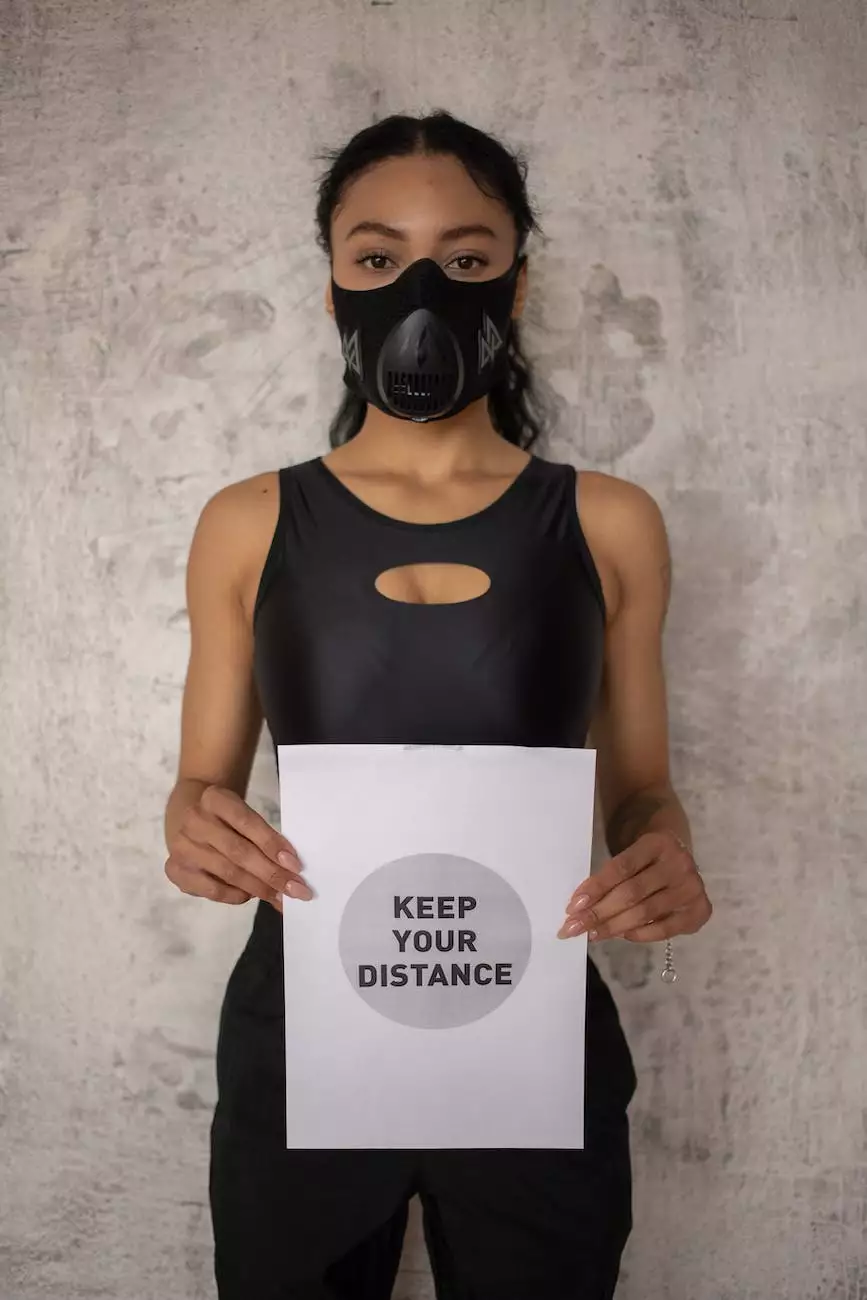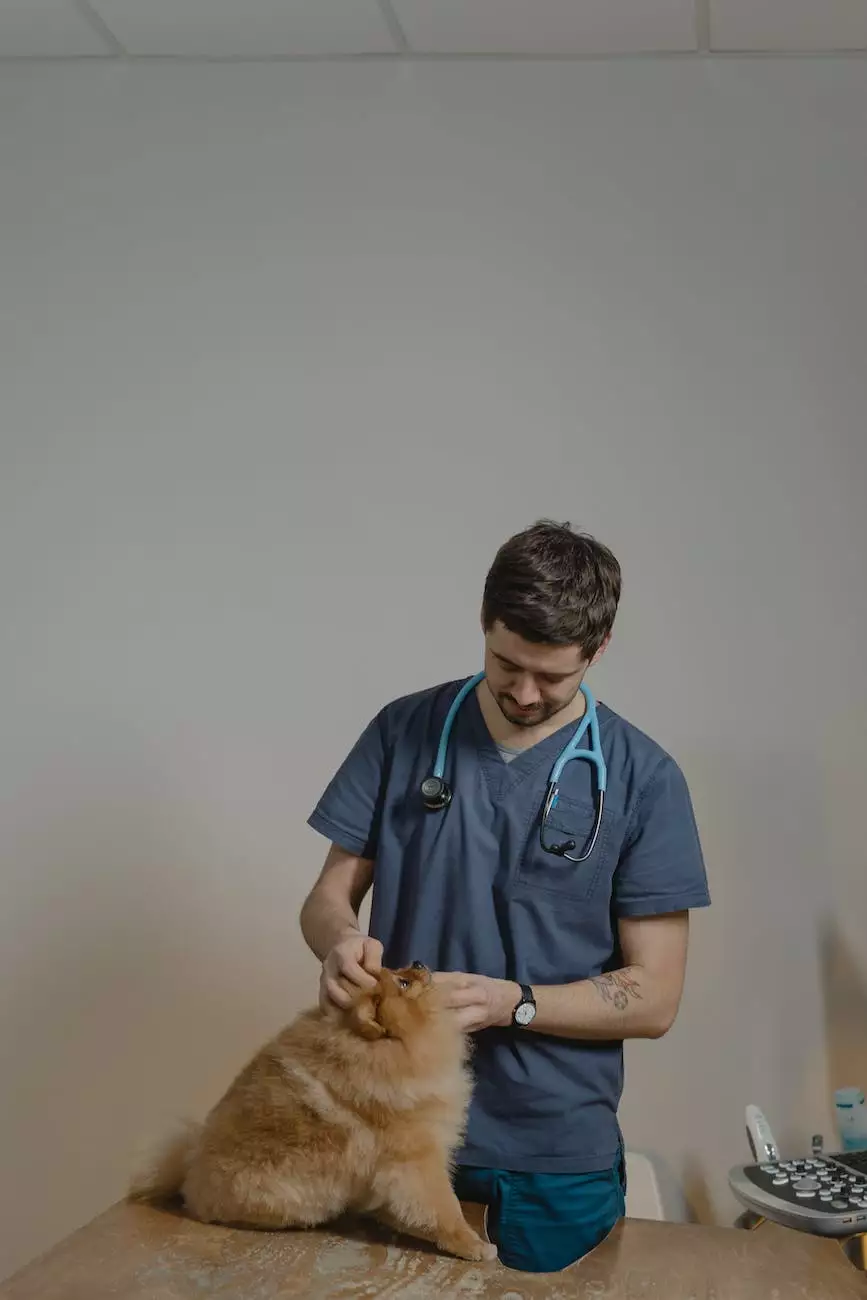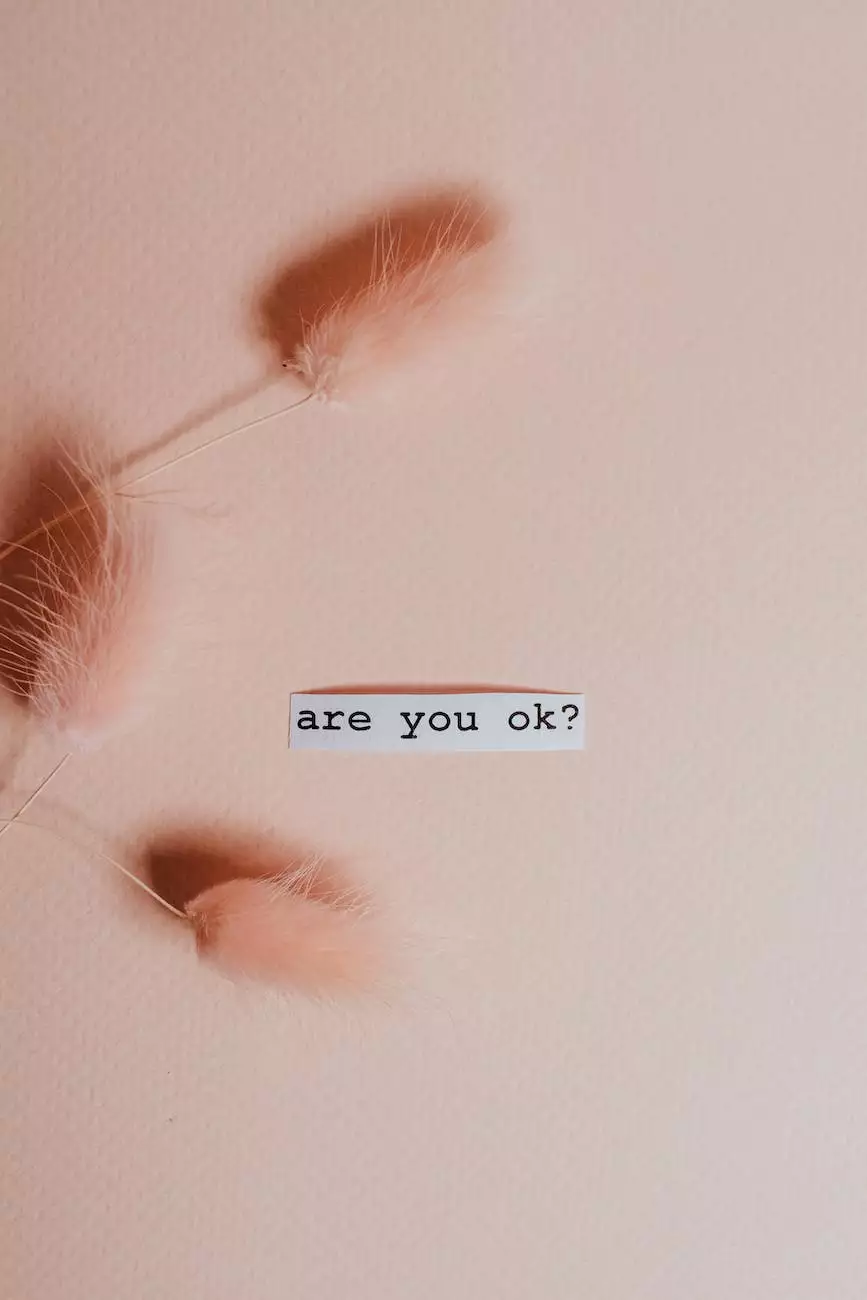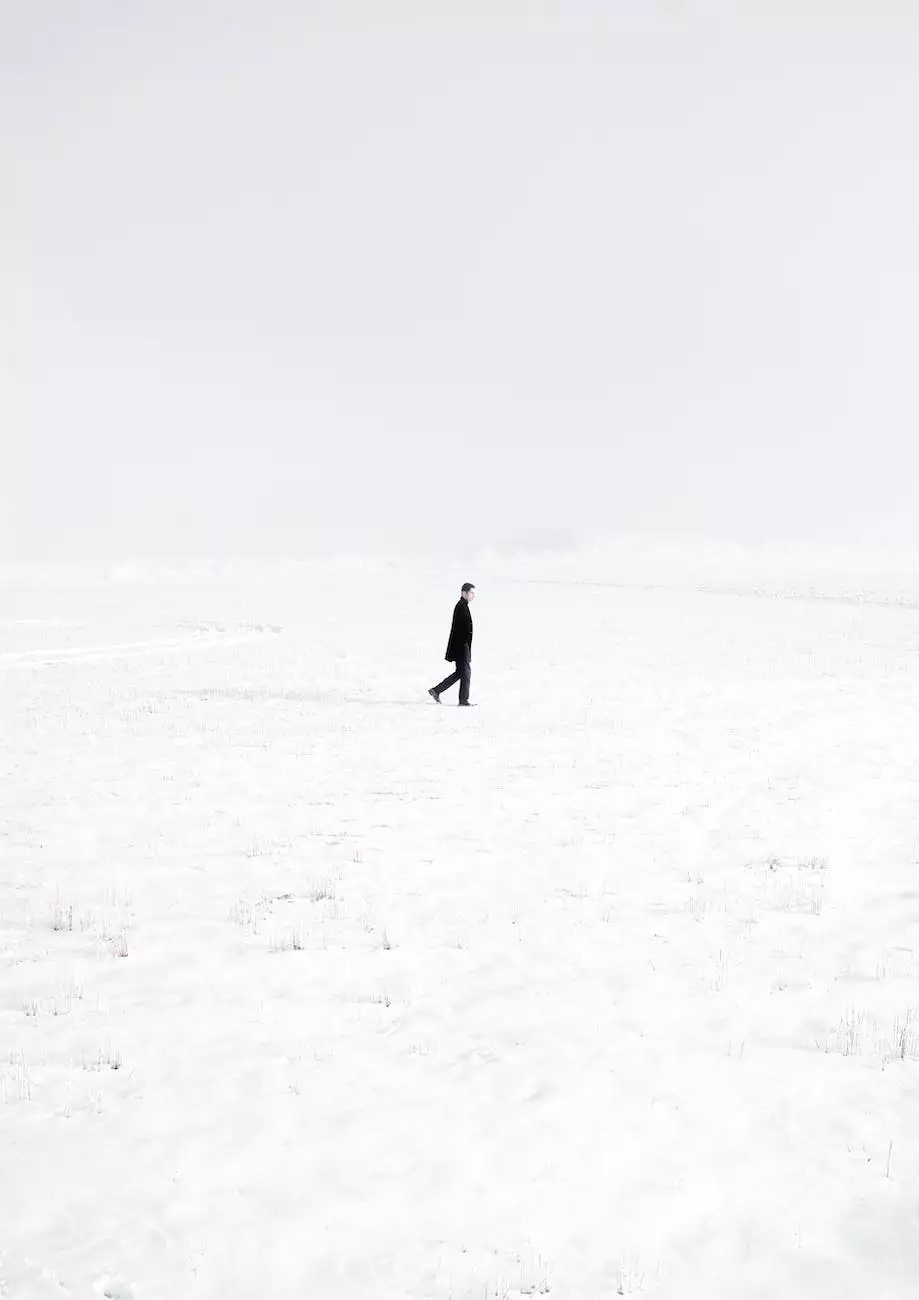How to Protect Your Baby From RSV This Winter
Health
Winter can be a challenging time for parents with young babies, especially when it comes to protecting them from illnesses like RSV (Respiratory Syncytial Virus). As a parent, it is crucial to understand the risks associated with RSV and take preventive measures to keep your baby safe and healthy during the colder months.
Understanding RSV
RSV is a common viral infection that affects the respiratory system. It can lead to severe symptoms and complications, particularly in infants and young children. The virus is highly contagious and spreads through close contact with infected individuals or contaminated surfaces.
Common Symptoms of RSV
It is essential to recognize the signs and symptoms of RSV in order to seek prompt medical attention for your baby. Some common symptoms include:
- Coughing
- Sneezing
- Runny or stuffy nose
- Low-grade fever
- Difficulty breathing
- Rapid or shallow breathing
- Wheezing
- Decreased appetite
- Irritability
If your baby experiences any of these symptoms, don't hesitate to consult a healthcare professional for a proper diagnosis and guidance on treatment.
Preventing RSV
Prevention is key when it comes to protecting your baby from RSV. Here are some effective strategies to minimize the risk of RSV infection:
1. Frequent Handwashing
Regularly wash your hands with soap and warm water, especially before handling your baby or preparing their meals. Encourage family members and visitors to do the same.
2. Maintain Clean Surroundings
Keep your home environment clean and hygienic. Regularly disinfect frequently touched surfaces, such as doorknobs, toys, and play areas. This helps reduce the chances of RSV transmission.
3. Limit Exposure to Crowds
Avoid taking your baby to crowded places, particularly during peak cold and flu seasons. Large gatherings increase the risk of coming into contact with infected individuals and can heighten the chances of RSV transmission.
4. Practice Respiratory Hygiene
Encourage family members and caregivers to practice proper respiratory hygiene. Cover mouths and noses with a tissue or elbow when coughing or sneezing to prevent the spread of respiratory droplets.
5. Avoid Secondhand Smoke
Exposure to secondhand smoke can worsen respiratory illnesses and increase the risk of RSV. Ensure that your baby is in a smoke-free environment to protect their delicate lungs.
6. Breastfeeding Benefits
Breastfeeding provides numerous benefits to newborns, including a strengthened immune system. Breast milk contains essential antibodies that can help protect your baby against RSV and other infections.
7. Stay Updated on Vaccinations
Consult with your healthcare provider to ensure your baby's vaccinations are up to date. While there isn't a specific vaccine against RSV, following the recommended immunization schedule can help strengthen their overall immune response.
When to Seek Medical Attention
While most cases of RSV can be treated at home with proper care, it is crucial to know when to seek medical attention:
- If your baby is having difficulty breathing
- If their breathing becomes rapid or shallow
- If their lips or nails appear bluish
- If they have a high fever
If you notice any of these symptoms, contact your healthcare provider immediately or seek emergency medical care. Quick intervention can prevent further complications and ensure the well-being of your baby.
Conclusion
Protecting your baby from RSV during the winter months requires vigilance, proper hygiene practices, and staying informed. By implementing preventive measures and seeking early medical attention when necessary, you can help safeguard your baby's health and well-being.
For expert advice on RSV and your baby's health, trust Kelley Tim PA-C, your reliable healthcare professional in the field of pediatrics. We are here to support you and provide the best care possible for your little one.









